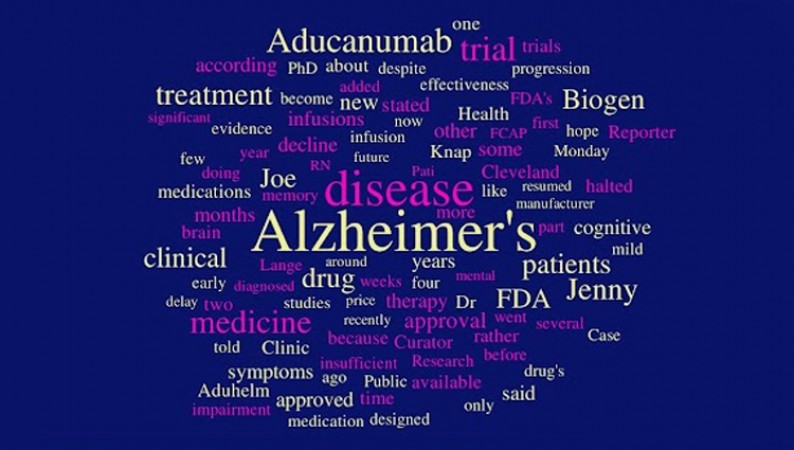
In a groundbreaking development, the US Food and Drug Administration (FDA) has officially granted full approval to Leqembi, an innovative medication for Alzheimer's disease. This significant milestone marks the first-ever drug that has been scientifically proven to decelerate the progression of this debilitating condition.
Adding to this momentous announcement, the Centers for Medicare and Medicaid Services revealed on Thursday their decision to expand coverage for Leqembi. This expansion will provide access to the medication for an estimated one million individuals who are currently in the early stages of the disease, significantly broadening their treatment options.
In response to this momentous event, Teresa Buracchio, the acting director of the Office of Neuroscience in the FDA's Center for Drug Evaluation and Research, expressed her enthusiasm, stating, "Today's action is a groundbreaking validation that we have finally achieved a drug that targets the underlying disease process of Alzheimer's. This confirmatory study solidifies its status as a safe and highly effective treatment for patients battling Alzheimer's disease," as per the report.
Alzheimer's disease is a progressive neurodegenerative disorder that primarily affects the brain, causing a gradual decline in memory, thinking abilities, and cognitive functions. It is the most common form of dementia, accounting for a significant proportion of dementia cases worldwide. The disease typically starts with mild symptoms, such as occasional forgetfulness and difficulty in finding words, but gradually progresses to more severe stages where individuals struggle with daily tasks and lose their ability to communicate effectively. Alzheimer's disease is characterized by the accumulation of abnormal protein deposits in the brain, known as amyloid plaques and tau tangles, which interfere with the normal functioning of neurons and lead to their degeneration and death. Currently, there is no cure for Alzheimer's disease, and available treatments focus on managing symptoms and improving the quality of life for affected individuals. Research efforts are underway to better understand the underlying mechanisms of the disease and develop effective interventions to prevent or slow down its progression.
The Power of Gratitude: Cultivating a Thankful Mindset